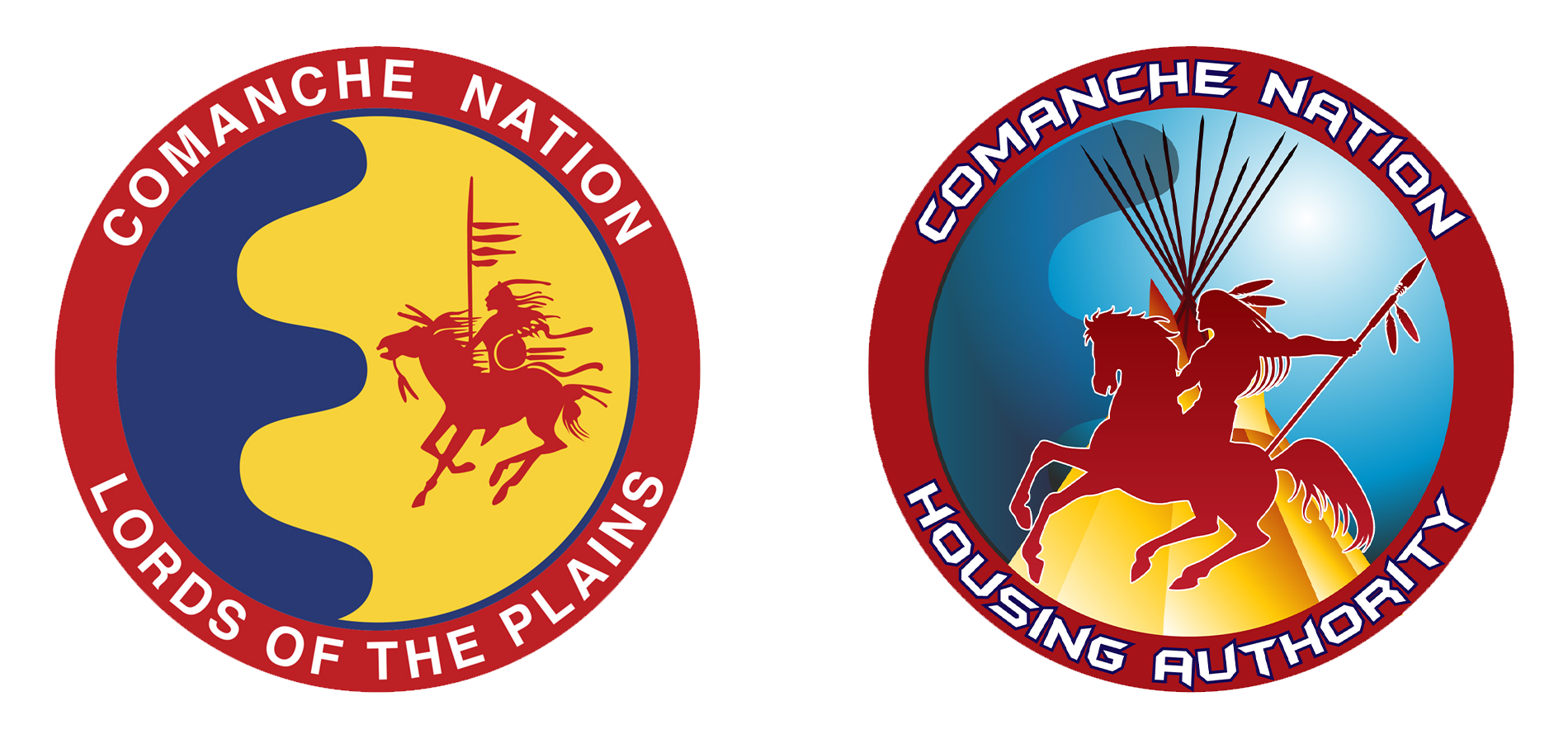By Nora Sovo
Property tax has served as a method of funding government functions since its inception. Typically, it is used to support federal and state operations like infrastructure, schools, first responders and other essential services. Unless your home is located on trust land, you are required to pay taxes on your property in order to maintain ownership.
Fee Simple Land vs. Trust Land
Land owned in fee simple is under complete control of the owner who holds the title to it. It can be sold, leased or developed however the owner sees fit and is subject to state or local taxes.
Trust land is land that the U.S. government holds in trust on behalf of an American Indian or Alaska Native individual or a federally recognized tribe. Individual trust lands are subject to restrictions on alienation and encumbrance – that is, trust land generally cannot be transferred, leased or have a lien or claim placed against it without the approval of the Bureau of Indian Affairs (BIA). Trust land falls under tribal government authority and is not subject to state or local taxes.
The Comanche Nation Housing Authority (CNHA) owns fee simple property. As a non-profit entity we make payments in lieu of taxes to compensate local governments for property tax revenue lost due to tax exempt ownership of our property. CNHA’s lease-to-own program covers these costs while the resident is still making payments to become the homeowner. Once the resident has paid the home off in full and the deed has been recorded in their name, they are officially the homeowner. This means they are now responsible for paying annual property taxes and homeowners’ insurance on their own.
Property vs. Income Tax
Property taxes are different from income taxes. Although they serve the same purpose of funding federal, state and local operations, they are not collected the same way as income taxes. In every U.S. state, these payments are collected by the county instead of the state.
Cost and Payment Deadlines
The cost and due dates of property taxes vary by location. State regulations and the property’s value will determine how much is owed and when it’s due. Oklahoma’s property taxes are among the lowest in the nation and based solely on the value of the property.
When paying property taxes, Oklahoma residents must adhere to the state’s deadlines to avoid delinquency:
1. The county treasurer will send out the property tax bill at the end of November each year.
2. Property taxes are collected in two installments. The first half must be paid by Dec. 31 and the last half is due on March 31.
3. If no payment has been received by the Dec. 31 deadline, the account will become delinquent on Jan. 1.
Delinquency
If a homeowner fails to pay property taxes by their due date, the overdue amount becomes a lien against the property. In Oklahoma, if the account is delinquent for three or more years, the resident is at risk of losing the home. The lien makes the property act as collateral for the debt, allowing the county to sell the home through a tax sale process or auction to collect the amount owed. Once the sale is finalized, the resident no longer has ownership rights to the property and must vacate. This is a serious consequence and worth repeating – at this point, the home that you paid for no longer belongs to you.
Many CNHA clients served through our lease-to-own programs have paid their homes off in full and become the official homeowner. Recently, one of these homeowners, was unaware of property taxes and overlooked the notices sent by the county treasurer. After three years of delinquency, the home was auctioned off to a new owner. The resident became aware that they no longer owned their house when visiting the courthouse for some paperwork. The home had been purchased by someone else.
The consequences for not paying property taxes can be dire, which is why it’s important to make sure they are paid fully and on time. This scenario can be avoided through checking your property tax account and ensuring payments are submitted. To pay for property taxes or check the balance of the account, Oklahoma residents can find their specific county’s website by visiting www.oktaxrolls.com.
Once the county is selected, residents will be redirected to the county treasurer’s website. Residents can then enter in their personal and property information to view their account balance and pay online or via check. If you have any questions regarding property taxes or CNHA’s lease-to-own program, call 580-357-4956 or visit www.comanchehousing.com.

